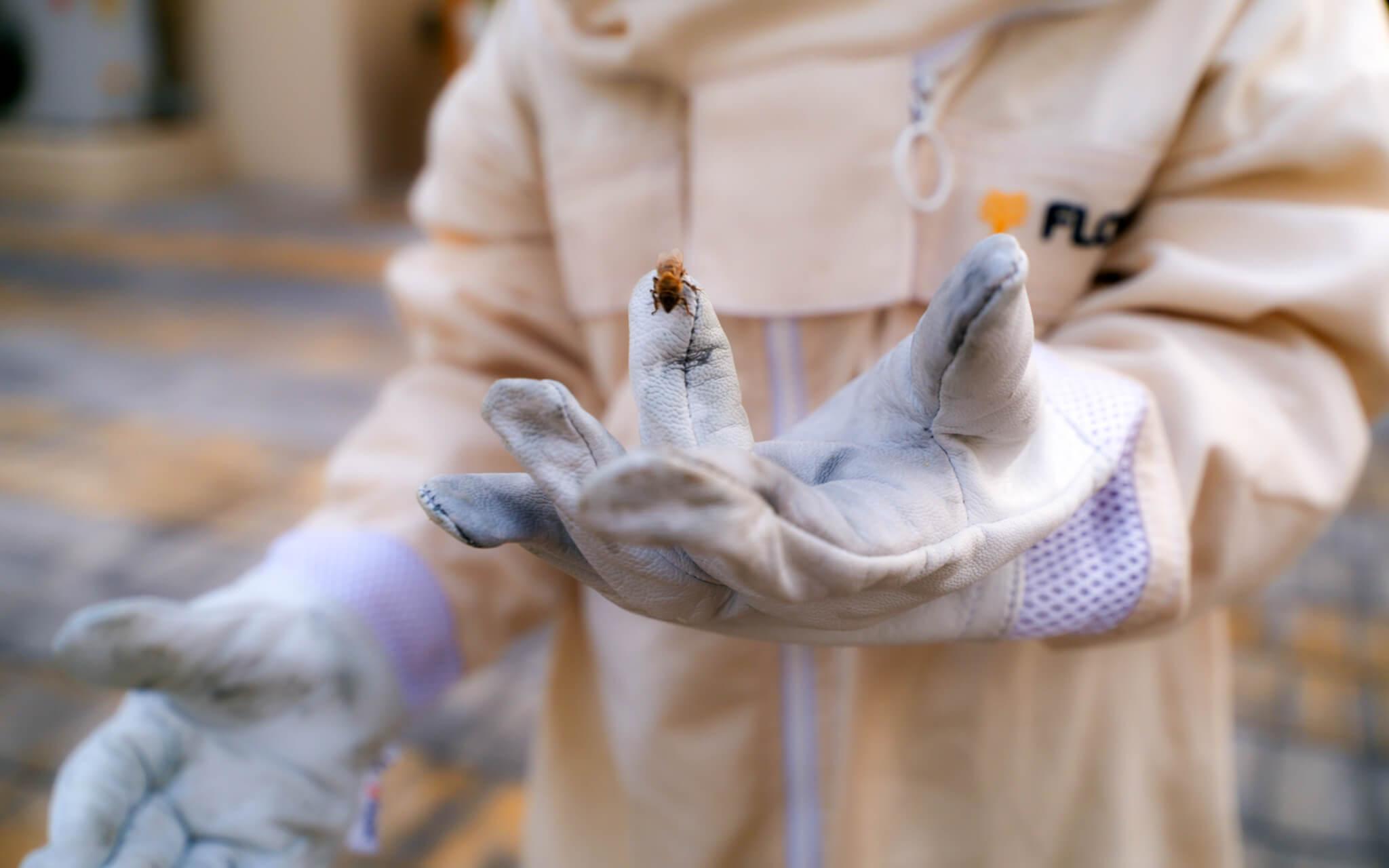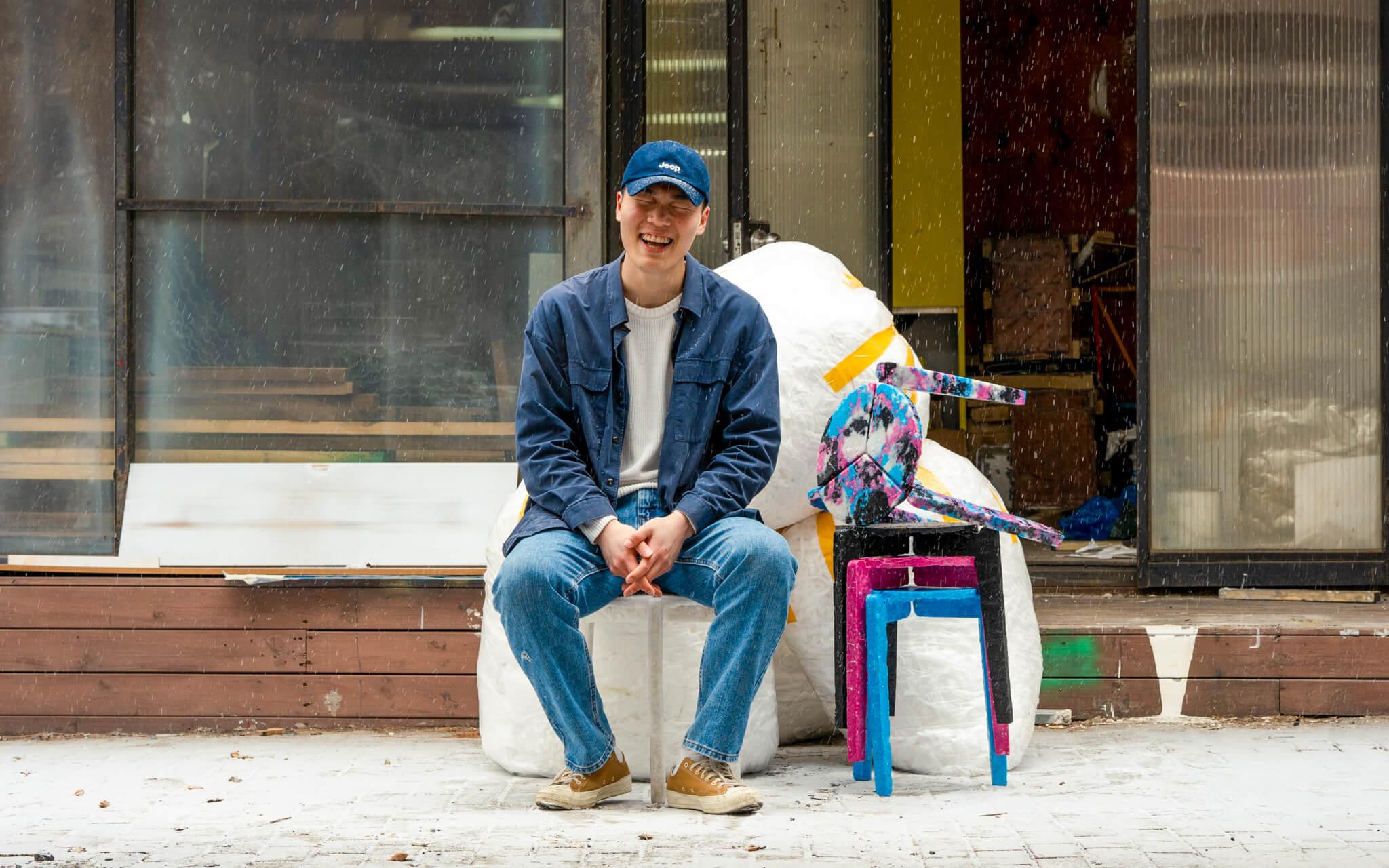The Tree Doctor of Dhaka
Dhaka’s sprawling cityscape is dappled with vibrant shades of green. Each flourishing rooftop garden reflects Ahsan Rony's relentless pursuit to awaken residents' hearts to the vital role of nature.
Ahsan Rony reminisces affectionately about his childhood. He grew up working side-by-side with his father on their farm in rural Bangladesh, surrounded by lush greenery and the earthy scent of the soil. "I would open my eyes, and all I could see was green," he recalls. In these early years, he developed a deep understanding of the symbiotic relationship between humans and nature.
However, when Ahsan moved to Dhaka to study anthropology in 2006, he found himself saddened by the stark environment.
The capital city’s rapid urbanisation has led to a host of environmental issues, from air and water pollution to waste management problems. As a result, Dhaka’s air quality consistently ranks among the worst globally, posing serious health risks to its 20 million residents.
Most importantly for Ahsan, there was a scarcity of green: not enough trees, not enough parks, just a mass of man-made structures. "It was very challenging to experience so many hard surfaces and buildings - it hurt my eyes," he recollects. “I had to do something.”
Determined to make a change, Ahsan’s studies took a backseat as he began engaging city dwellers in conversations regarding the importance of nature. He realised that plants and trees, the silent guardians of our environment, were the key to transforming the urban landscape. Just as a doctor tends to the health of their patients, Ahsan knew he needed to nurture these vital partners in our survival.
He spent hours standing in front of schools, talking to parents about the benefits of rooftop gardens. “Any available space provides an opportunity to produce fresh vegetables, spend time with family outside, smell flowers and welcome birds and butterflies!” he exclaims.
As interest grew, Ahsan expanded his reach by speaking at those same schools, captivating hundreds of students with his knowledge of local flora. "I knew I could help the children find empathy within themselves and inspire an appreciation of gardening and nature,” he smiles warmly.
To instil a sense of ownership in children, Ahsan developed ‘The Oxygen Box’ - a box placed in schools where each coin deposited by a student symbolically ‘produces oxygen,’ generating funds to purchase plants for their schools. The concept gained traction and was eventually implemented by the government in an impressive 380 schools across Bangladesh.
In 2010, Ahsan formally established Green Savers, which has achieved remarkable success over the years. Collaborations with Save the Children, the Department of Environment and the UN’s Food and Agricultural Organisation led to the establishment of hundreds of school gardens, showcasing the potential of urban farming to residents. His Sailor-Green Savers Plant for Planet program alone saw the creation of 68 large school rooftop gardens that now serve as vibrant learning centres.
Plants and trees do not betray us. They sacrifice their entire lives to help humankind survive. They give away all that they have. So, people must show respect—they’re alive and need our care.
As Ahsan recognised the importance of creating job opportunities and elevating the status of gardeners culturally, he began training ‘tree doctors’ to provide the technical expertise urban gardeners needed. "I started branding the name, 'tree doctor'," he explains. "Then the profession became very popular!"
In 2022, Ahsan's dedication was recognised with the prestigious Bangabandhu National Agricultural Award. "I received the award on behalf of Green Savers," he notes humbly. "It's the highest agricultural award in Bangladesh… we really have created a culture that motivates people to embrace urban farming!"
With so many momentous achievements, I was curious as to what Ahsan believed to be his greatest. He answered without hesitation, “Meeting my beautiful wife, my partner in everything,” he beams. "When I started Green Savers, my wife was a volunteer. First, she fell in love with plants, and then she fell in love with me.”
To further support his tree doctors' efforts in restoring Dhaka's ecological balance, Ahsan aims to set up a comprehensive tree hospital to nurture the city’s sick and neglected trees. He envisions, one day, witnessing the city’s green metamorphosis from an airplane window. "Then my dream will be fulfilled," he shares, his voice filled with hope.
And his advice for us? It’s simple. "We should all learn to love seeds," he smiles. "With just some compost or kitchen waste, you can grow saplings. If you can do that, you’ve learned 50 per cent of gardening."
"Plants and trees do not betray us," Rony reminds me. "They sacrifice their entire lives to help humankind survive. They give away all that they have. So, people must show respect—they’re alive and need our care."
Most Popular
The Climate Tribe delivers stories about Biodiversity and Conservation, Circular Economy, Food and Water , and how they intersect with climate.
Subscribe
Get the latest stories inspiring climate action around the globe straight to your inbox.






